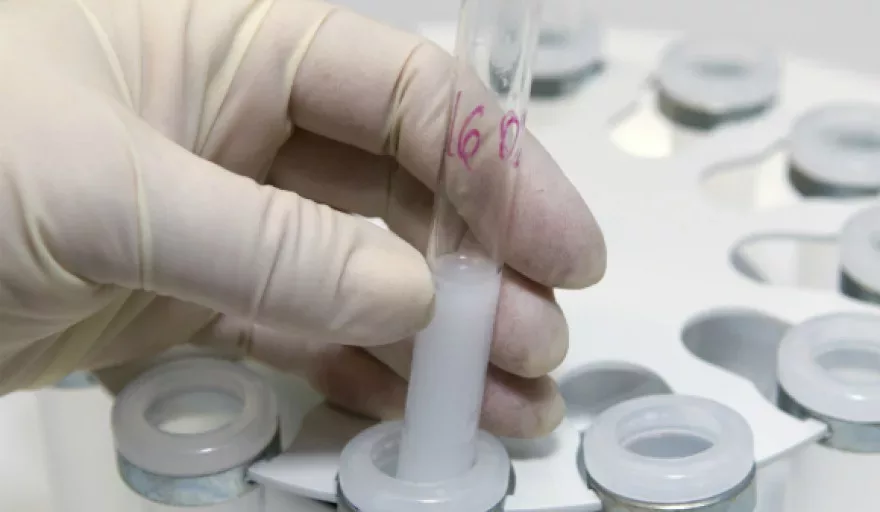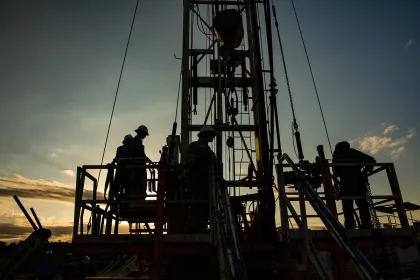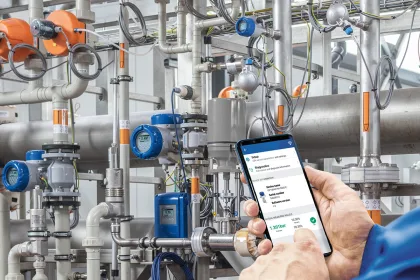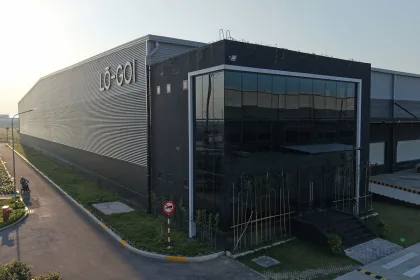Emerging markets continue to play a vital role in the growth of the pharmaceutical market, and Asia remains a key growth engine for both the pharmaceutical and biopharmaceutical industries. With huge populations and improved economies, these markets are key targets for clinical trials and biopharmaceutical manufacturing. Increasing numbers of global drug companies include Asia in their late phase global trials with the goal of commercially launching their products in these markets at the same time as the developed markets.
In China, there are a number of global pharma companies partnering with local companies to develop new drugs which includes research in tumour immunology, immunotherapy and stem cell research. The World Health Organisation (WHO) predicts that Asia’s prevalence of cancer mortalities may increase by 45 percent from 112 per 100,000 in 2005, to 163 per 100,000 people by 2030. To that end, the Chinese FDA is working to establish an accelerated path for reviews much like the US FDA expedited review programmes for breakthrough therapies. This is driving significant investments in Asia’s pharma industry. For example, in December, 2015, Samsung BioLogics broke ground at a third manufacturing plant in Songdo, Korea with an investment of 850 billion yuan. When this plant is completed in 2018, Samsung expects to become the world’s largest biologics contract manufacturing organisation (CMO) in the world with the capability to operate 365 days a year, non-stop.
As Asia continues their growth in pharmaceuticals and biopharmaceuticals, it comes with the challenges imposed by required improvements in infrastructure, supply chain management and logistics management. Many of these immunotherapies and regenerative therapies not only require strict temperature controlled shipping for safety, efficacy and regulatory compliance but they also mandate tight timelines to prevent human cell degradation. In one of the most exciting areas of research today, CAR T-Cells, there are autologous programmes that represent a “circular” supply chain requiring both temperature and timeline management. Autologous therapies are a form of personalised medicine; using a cancer patient’s cells to manufacture the therapy and then administering it to that same patient. These tumour-targeting therapies are generating remarkable results in cancer research. The premise is simple: extract a patient’s T-cells from their blood and train them to recognise and kill cancer cells and then re-infuse them back into the patient. The engineered cells recognise and kill cancerous cells, while reactivating other immune players that have been dampened by cancer’s inhibitory signals. Other therapies may follow a “one-to-many” administration protocol where allogeneic stem cells are used to manufacture the treatment that can be administered to multiple patients that meet the criteria.
CRYOPORTAL™
The complex supply chain for these cell-based therapies presents unique challenges in both global logistics and planning. Most of the programmes have both a cold chain and a cryo-frozen chain component that must adhere to short timelines which coincide with the schedules for harvesting the cells from the patients. The clock starts ticking as soon as the cells are taken from the patients.
Cryoport has helped address these complexities by integrating a proprietary cloud-based logistics management platform, the Cryoportal™, with patient and manufacturer scheduling systems that alert us to send out the Cryoport shipper to the manufacturer for transport back to the clinic for administration to the patient. Temperature stability and transportation coordination requires intensive planning and constant communication between the treatment centres and the manufacturer in planning treatment shipping schedules with patient visits. Cell loss and degradation start almost immediately so timing must be well planned. Many times we may only have 48 hours to complete an international shipment. We work with both integrator and specialty couriers to ensure we have the most flexibility possible to get the harvested cells to the manufacturer and the manufactured treatments back to the patients. At Cryoport, we understand these shipments translate to patients’ lives.
The Company also has introduced integrated active monitoring technology, the SmartPak II™, which provides visibility of temperature, shipper orientation, GPS positioning and geo-fencing, trauma/shock and a conditioning report of travel for each shipment. The monitoring features provide intervention capabilities of delays, compromise of temperature and a value-add proposition to extract the shipment if the environmental conditions begin to jeopardise the cargo. Because the liquid nitrogen (LN2) dry vapour shippers must maintain a stable -150 temperature for up to 10 days, every shipper from Cryoport is re-qualified after each shipment. The Cryoportal™ maintains a forensic history by shipper serial number for performance statistics, tracking such things as the nitrogen evaporation rate and calculated hold times. When planning a shipment, the shipping intelligence embedded in the portal system algorithms will calculate the anticipated total shipment time to the specified location and cross reference to the qualified shippers that will meet that required hold time. The system prevents Cryoport from selecting a shipper that does not have enough hold time to make the entire journey.
Unfortunately, the hold times are based on the shippers maintaining an upright position. If the dry vapour shipper is placed on its side for an extended period of time, the overall hold time may decrease. That’s where the SmartPak II technology is critical. The Cryoportal™ actively monitors hold times vs. remaining journey time and will send an automated alert to our client service team. This allows us to intervene and either send a fully charged replacement shipper or schedule a field service recharge of the LN2.
CLINICAL TRIAL SUPPORT
As biopharmaceutical and cell-based therapy research and manufacturing grows in Asia, these processes and technologies will be critical to support those programmes. Cryoport currently supports more than 65 clinical trials in these therapeutic areas. A key advantage to our Cryoportal™ technology is that we retain and track both carrier performance and average customs clearance timeframes for all shipments. Our systems provide shipping intelligence to our programme managers for both the best price and fastest average times for transportation and customs clearance, down to the day of the week we should plan shipments for specific lanes into and out of Asia. This information is critical in programme planning and scheduling.
Another area of growth in Asia that requires deep frozen technology and logistics is the in-vitro fertilisation (IVF) market. The aging population is a major concern for countries with below average birth rates such as Indonesia, Vietnam, Cambodia and Philippines. The rising trend toward delaying pregnancy has steadily increased in China and many countries, resulting in aging eggs that are less suitable for fertilisation. All of these factors have increased the need for fertility services. In 2015, the state-run Xinhua news agency announced that China decided to end its decades-long one child policy. With its aging population, China is now allowing certain people to travel outside of the country to seek IVF assistance to help grow the population. Some Asian countries have also become popular “fertility tourism” destinations which has contributed to that industry growth. The APAC IVF market was estimated at US$1.9 billion in 2014, and is estimated to grow to $3.5 billion by 2020.
The need for deep frozen and temperature-controlled logistics will continue to grow as more countries engage in these industries and therapeutic research areas. All of the supportive evidence points to Asia continuing to be a driving force in research, manufacturing and patient use of these products and services. Our goal is for Cryoport to continue to innovate and offer solutions that work in close collaboration with all stakeholders to ensure these life-saving and life-giving shipments reach their destinations, safely and on-time.
Read the fully-illustrated article in the latest issue of Asia Outlook magazine here.




































